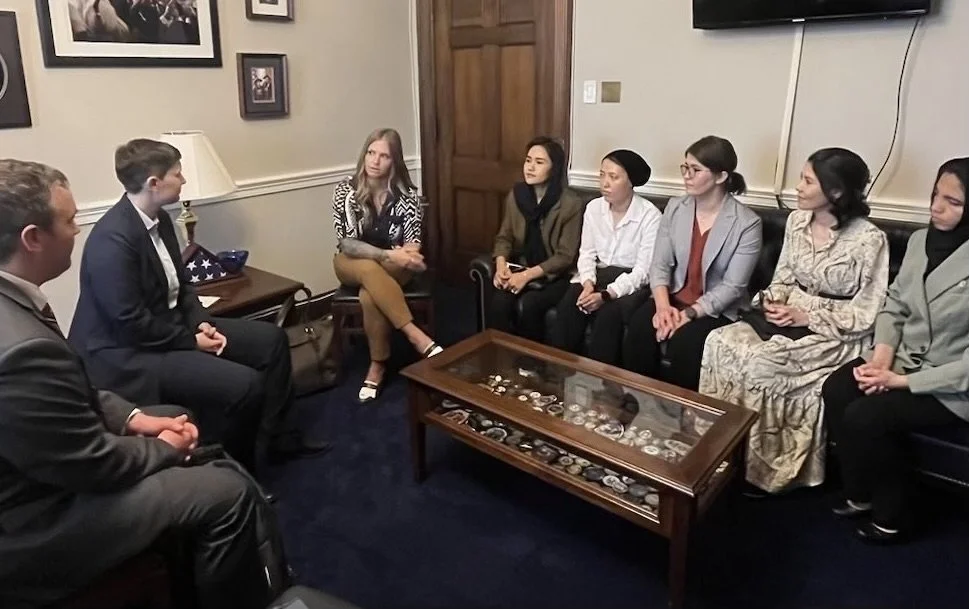Rebekah Edmondson is an Army veteran and founder of NXT Mission, an organization formed by Afghan and American female soldiers, and dedicated to building supportive communities for Afghan military partners and their families throughout the U.S. Rebekah received LPA coaching certification through our All Voices program, and shares here how her experience training and fighting alongside women of the Afghan National Security Forces shaped her current advocacy work. Rebekah holds a graduate degree in Social Work.
How did NXT Mission come to be?
I had the distinct honor of working with some incredible human beings, men and women of the Afghan National Security Forces. Many of the women fled Afghanistan after the war and now live here in America—where they face a whole new set of challenges.
At NXT Mission, we're trying to ensure that these women, who served directly alongside me and other American service members, are taken care of. When we left Afghanistan, we left a lot of people with the rug pulled out from underneath them. Many of them also have family members in Afghanistan who live in very dangerous situations.
What we're looking to accomplish is reuniting these women with their family members. This is important to me because, as an American veteran, I'm privileged to live in a society where the general population extends a lot of gratitude towards me for having served my country. My government takes pretty good care of me. I have benefits that I have been able to rely on, things that give me access to education and healthcare, even my ability to purchase a home..
My Afghan colleagues, whose lives have been upended as a direct result of the war, now live here as refugees without permanent status. They still risk the potential for deportation back to their country. They don't have a shred of the types of support that I have, and they fought the very same war. They fought on the same side and risked their lives.
What NXT Mission aims to do is find mechanisms that can support them. We provide educational opportunities and solutions to medical or healthcare issues. However, our main focus, which is the thing most important to them, is fighting to get their family members out of harm's way.
Did your experience with LPA change how you viewed storytelling as a part of your work?
At one point in my education in social work, I became very curious about narrative therapy and the healing that can take place for individuals as they not only recall their story, but are empowered to rewrite it with a new outcome.
When going through the LPA coaching certification, I realized that healing can occur as one shares their unique story. It doesn't just help the person sharing, but it also stands to help the listener.
The LPA method also empowers somebody to shape their story in an effective way. It hones in on what is at the core message that you’re trying to convey. What do I want people to have as a takeaway from what I'm sharing? Having those clear guidelines allows people that have been through something very difficult to become empowered to sit down and practice what they can use to actually get the message out there.
Have you seen that connection with listeners happen in real time?
Absolutely. A lot of the work that we have done with Next Mission is real-time advocacy in congressional offices, sharing personal experiences with lawmakers so that they can understand the context of what an individual's life experience has been.
Legislators often don't understand the context: these women are our military partners. They were recruited, trained, deployed, and put in harm's way under our operational direction.
So, without that key piece of information, the reason this issue matters can get lost. For me, it’s not just telling a story, it’s sharing why I care.
And I care because these are my colleagues. Their blood is no less valuable than the blood of American soldiers. They sacrificed in the very same ways.
When you look at it in that context, the question of “Why do they deserve our support?” becomes easier to connect with. If you believe in supporting American veterans and ensuring that their sacrifices are honored, then these women need to be treated the same way.
Those are key pieces of information that give context to the impact. Unless you're being very intentional about how you tell the story, people will often lose value or not completely understand why something like that matters.
After my experience with LPA I’m not going into meetings and congressional offices without a clear focus and just rambling. I used to leave those meetings feeling very frustrated. I would feel like I had this opportunity right in front of me, and I lost it. The difference now is that I am doing the work to get crystal clear about why we're going, what we want them to hear, and the action that we're hoping they take.
We may only have five minutes or less to make our point, and the LPA method empowers people to get very clear about defining the impact that they want to have by sharing their story.
We have seen members of Congress come to tears. When a person can articulate who they are, what they’ve experienced, what they’re asking of you, and what the person on the receiving end can do about the issue. It gives the listener the opportunity to actually consider that this is something that they can actually do something about.
And sometimes the answer is no, but you can walk away knowing the message was received, and either they support it or they don't, but you don't walk away feeling like it was a missed opportunity.
What’s next for NXT Mission?
Time has continued to pass by since the war ended in 2021, but there's still a very real need for not just support, but to continue putting the message out there and sharing these stories so that people don't feel like they've been forgotten.
That has been a driving force behind a lot of the work that we do: ensuring that we can keep getting the message out there, that we don't lose motivation just because time has passed and people's attention has become refocused on other things.
Part of what’s next for us is keeping that determination alive and making sure people know that this still matters each and every day, and it's going to continue to matter five, 10, 15 years down the road. There isn’t a finite amount of time where people should care about the sacrifices these women made.
There's good reason to keep sharing their stories and to keep fighting the good fight, even if things haven't been fully resolved. We have to use storytelling as fuel for the advocacy work.
Eventually their family members will be brought to safety. This work is a bucket-list thing for me. It’s something I’m looking to achieve before this life is over.



